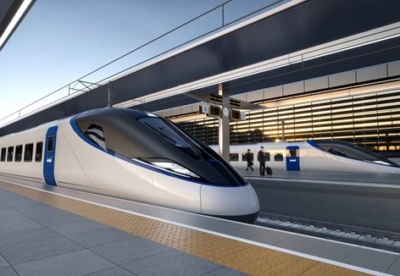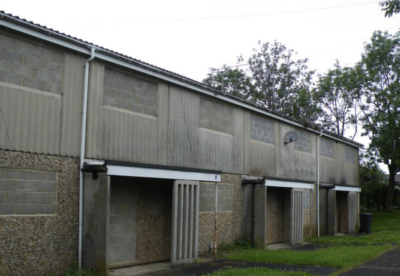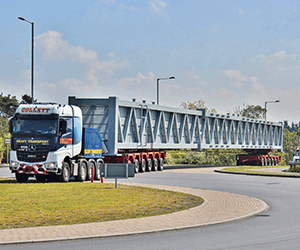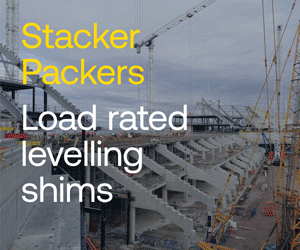His claims came in a Westminster Hall debate on Tuesday when Umunna said workers on the project have been blacklisted for raising safety concerns.
The industry vowed to put the blacklisting scandal behind it following compensation payments of more than £50m to hundreds of historic victims.
But Umunna produced evidence of ongoing victimisation – which has been denied by Crossrail.
He said: “The first case concerns emails that I have been passed which were circulated between contractors and the employee relations department at Crossrail which detail questionable surveillance of workers that took place at a peaceful demonstration at a Crossrail site in 2016.
“The evidence which I will supply after this debate to the minister illustrates that a number of construction workers were being closely watched there and sensitive personal information was being collected in relation to them.
“Two of the workers concerned who were subject to that surveillance have since sought to obtain further employment on Crossrail and did so through agencies advertising positions.
“However as soon as they relayed their names there was a delay and then they were subsequently given an excuse as to why the positions have been filled.
“One sub-contractor has actually told Unite that the consequences of him employing a Unite member would be the refusal of future work and for obvious reasons the subcontractor does not wish to disclose their identity.”
Umunna raised a second case of an electrician, who has been seeking work in the industry since “raising a grievance whilst working on Crossrail. He has since applied for hundreds of job vacancies almost always being turned down.”
The worker served Crossrail with a subject access request and Mr Umunna has been given a copy of those documents.
Umunna, said: “They reveal Crossrail and three of its contractors exchanging sensitive personal data concerning this individual’s previous employment, and the issues and grievances he had raised there.
“On the face of it the data appears to be processed for the purpose of determining the individual’s suitability for employment related to his trade union activities.
“The very strong inference from the documents is that some kind of vetting operation was in operation between Crossrail, its contractors and the agencies involved.”
A spokesperson for Crossrail said: “Crossrail Limited is not aware of, and has seen no evidence of, blacklisting of any kind in connection with the Crossrail project.
“Crossrail seeks to maintain good relations with the trades unions and meets with them on a regular basis.
“In our recent meetings with Unite no such concerns have been raised with us. Indeed Unite has previously issued a joint statement with a Crossrail contractor noting that there has been no contravention of the blacklisting regulations on Crossrail.”
Unite assistant general secretary Gail Cartmail said: “Contemporary blacklisting is occurring in construction. The companies concerned have learned nothing from the Consulting Association scandal.
“Construction will only finally rid itself of the stench of blacklisting when effective laws are introduced which bar blacklisters from public sector contracts, effective anti-blacklisting laws are introduced which make it a criminal offence and there is a full public inquiry into the practice.”
Blacklist campaigners are now calling for Sir Robert McAlpine to be removed from the £29m Big Ben refurbishment contract.
McAlpine said it has “a zero tolerance policy towards blacklisting, illegal or unfair recruitment practices.” and that “blacklisting has no place now nor in the future at Sir Robert McAlpine.















































.gif)







